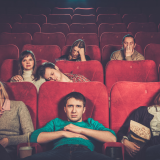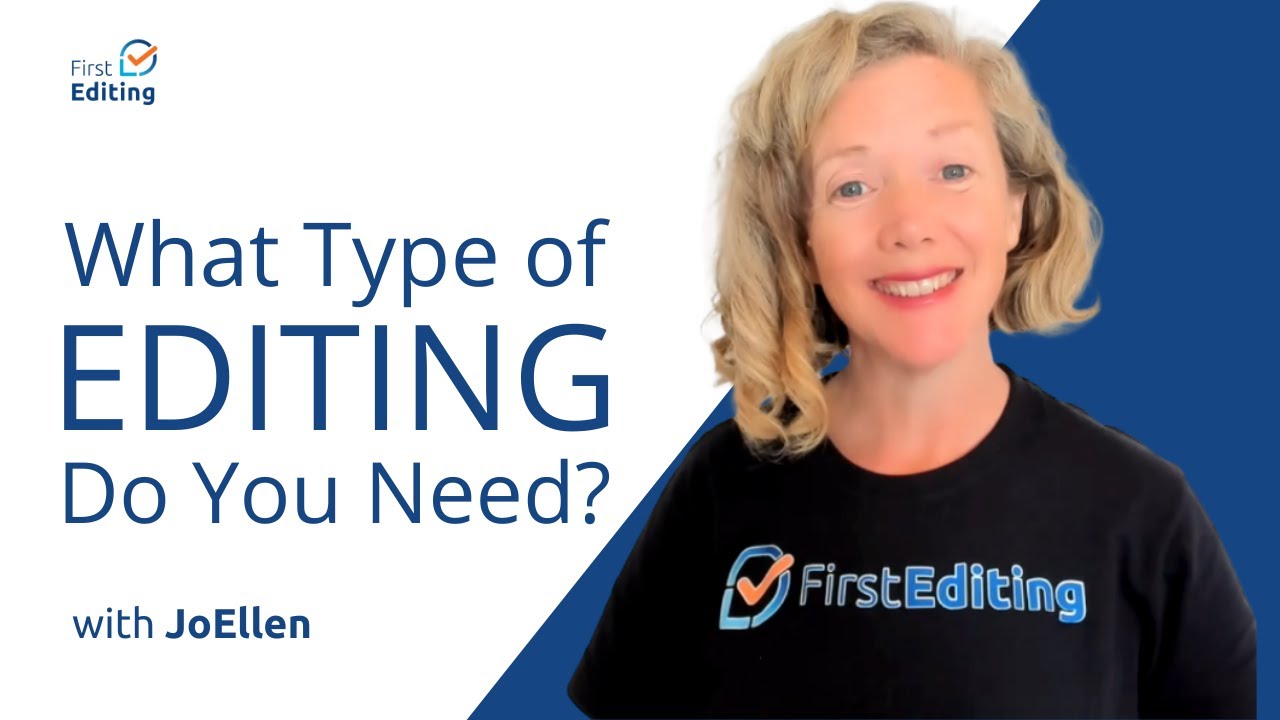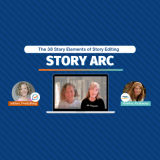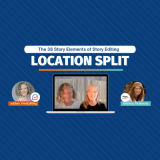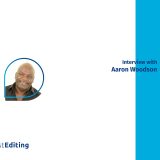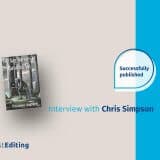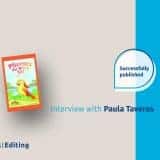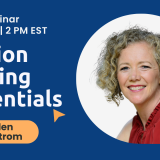
In this episode, Kristina Stanley and JoEllen Nordstrom will talk about the element called the Reader Knowledge Gained as they continue the 38 story elements in writing a story. The point of this element is what the reader learns that the protagonist does not.
What is Reader Knowledge Gained?
Reader Knowledge Gained, it sounds like this is kind of behind the scenes. The point of this element is really to catch plot holes and inconsistencies in your stories. So reader knowledge gained is something that the reader learns, but the protagonist does not. So it’ll be a scene where your protagonist is not in the scene. And some revelation happens, which you’ve already recorded. And the trick here is now you’re going to go okay, but the protagonist is not in the scene. So you want to take that information and put it down and reader knowledge gained. And what this will do is, as you’re revising your story, you can then look at scenes where your protagonist is in. And if they do something that they would only do because they knew that piece of information or if they say something that they would only say if they knew it, that’s a plot hole, because they don’t know that information yet. And you can use this in along with the character elements with the point of view, knowledge gained, where if you have a revelation come out, and the reader knows that at a certain point your story, then pop that in when the protagonist finds out about it, and you can keep track. And so as you move scenes around and things you’ll always know, did I get something out of line where the protagonist doesn’t know?
What are revelations in the story?
So they’re going to look into this and see what they’ve written that we know. But the character should not know. And then we need to highlight that and fix it. And all working well together. And I’m guessing we have to dig into our scenes again. So this is a good one to do when you’re doing revelation. Because typically, revelations are the key things that the reader and the characters need to know. So you’ve already done the work of pulling those out. So when you’re doing your revelation, you just need to look and see is the protagonist in that scene? And if the answer is no, put that information in the reader knowledge gained. And if they’re in the scene, put it in the point of view knowledge so you know, all the way through. And when you look at these together, you can then see where things fit. And does it logically make sense? And, in particular, as I mentioned, when you move scenes around, go back and look at these and see, are they now out of order? Did the protagonist do something before they knew about it? It’s a lot of work here with a lot of work. You know, I love going behind the scenes here, it kind of lets everyone see what the editor is doing on your behalf. And all that information that is used, because it’s a lot. And I think it’s really good to use this as self-editing because you know your characters best you can follow it, but you will find all of your weaknesses, and you will become stronger and better. So you are learning a lot here. And if you’re having trouble with this, then, of course, you know, mentioned these things, and the editor can go in and specifically spot them for you because that’s the value of a professional, a third person neutral person who is looking at this with fresh eyes. So we’re digging into our scenes, again, reader knowledge gain. Anything else we want to cover today. I just want to remind everyone, it does seem like a lot of work. But after you go through these ones, you’ll know these things. And when you write your next novel, it’s going to be easier. And for an editor as you go through the first time you edit a book in this way, it’s going to be hard. But as you go through it, the second and the third time, it’s going to become second nature that you always look at the elements in your client’s story to help them make it a better story. So we do know, that is a lot of work. But it will help everyone around tell a better story.
If you love this, don’t forget to share it with a friend or two!
WATCH NEXT EPISODE: Location – EPISODE #28
WATCH PREVIOUS EPISODE: Action and Sequel Scenes – EPISODE #26
RETURN TO THE 38 STORY ELEMENTS



